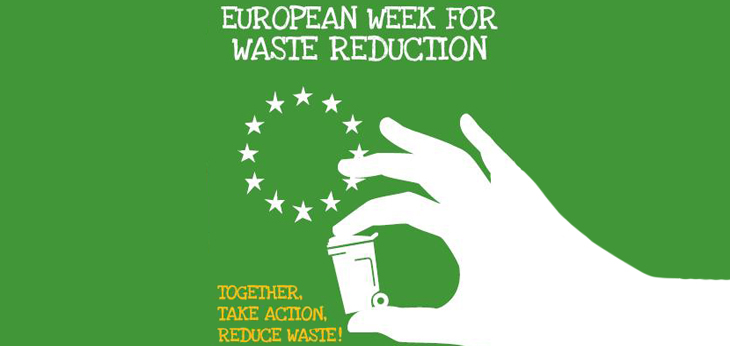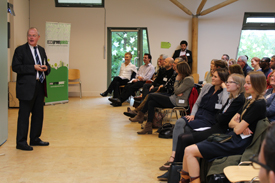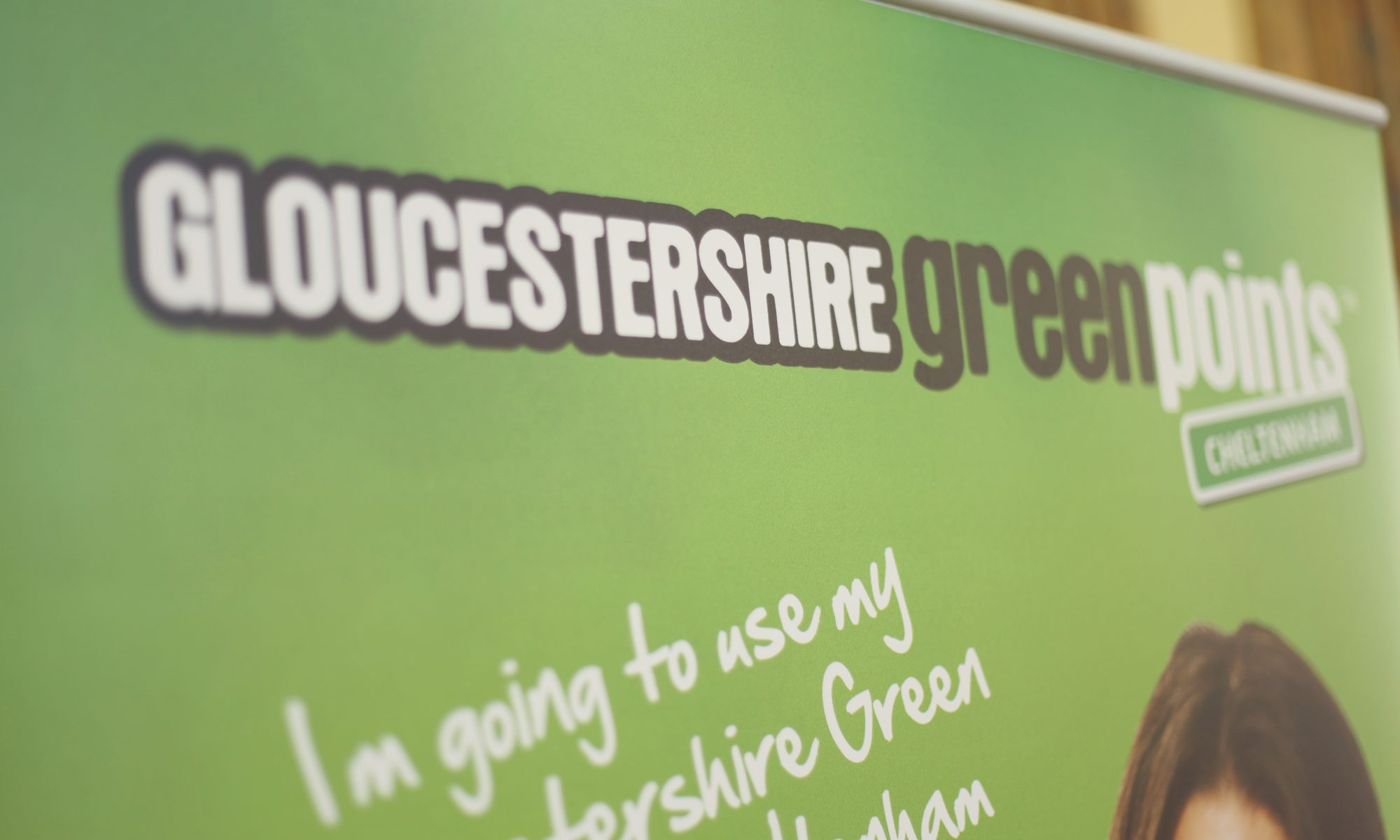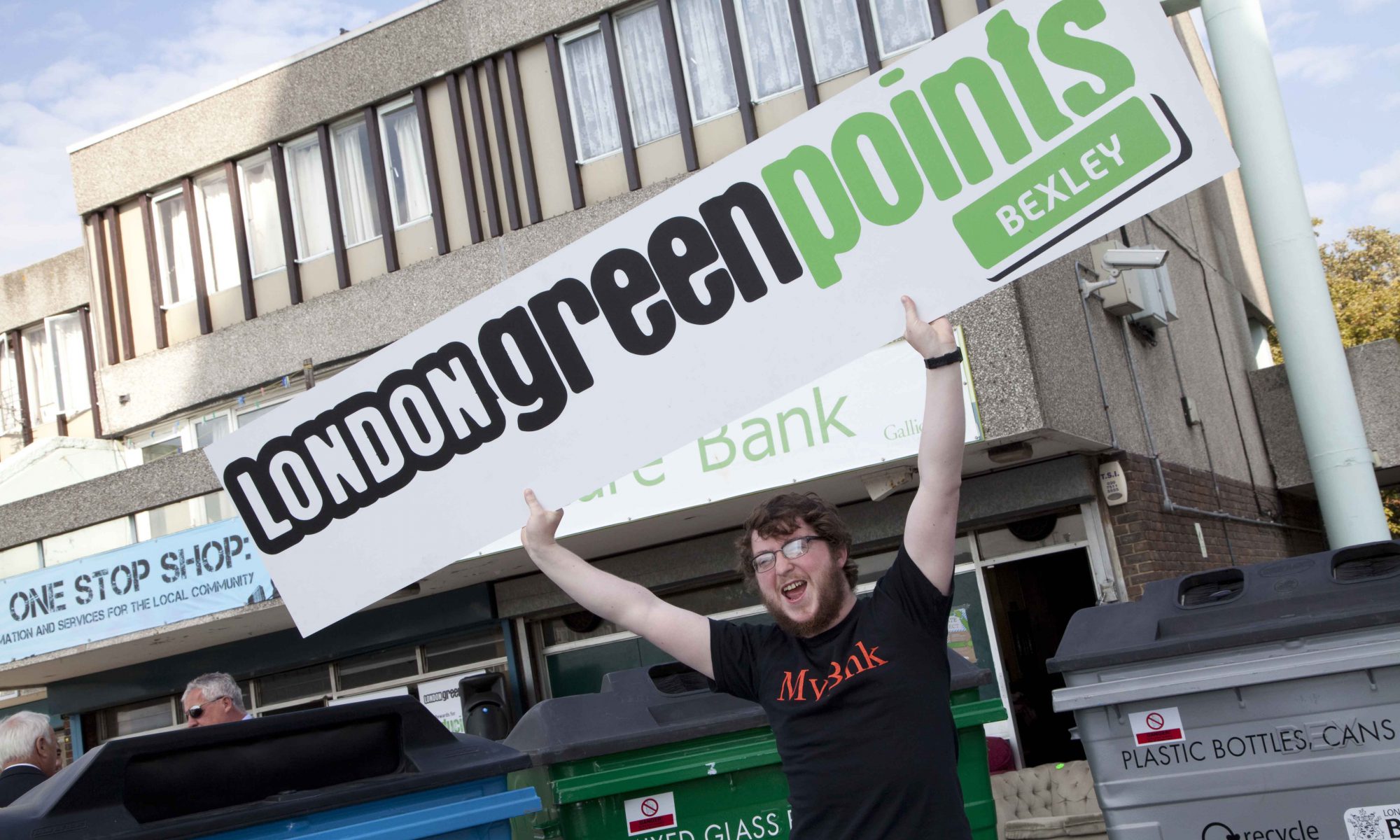Local Green Points is today announcing the launch of London Green Points , its scheme to incentivise households in the capital to take practical steps to reduce waste and increase recycling as well as raising much-needed funding for community charity projects.
Local Green Points is an LLP company backed by Jump (Green Rewards), Envirocomms and RWA (Resources and Waste Advisory Group). It’s London Green Points scheme is being implemented initially in the London Borough of Bexley, starting with 2,000 homes in Thamesmead followed by a further 15,000 homes across the borough within two years. These first phases will focus on flats and the Borough has been awarded a grant of £108,750 from the London Waste and Recycling Board’s Flats Recycling Programme to part-fund the scheme. There are plans to extend the scheme to all 90,000 homes in Bexley in future years.
The Mayor of London Boris Johnson says: ‘I know the good people of London’s suburbs are keen to be green and to recycle whatever they can and I’m also aware that it is not always easy to do that. Bexley’s London Green Points Scheme is great, offering residents the chance for community investment in return for recycling. I have always been a huge enthusiast for this kind of scheme which revolutionises the way people think about waste and recycling.’
Local Green Points’ co-founders are Stephen Bates, communications director at Envirocomms, and Graham Simmonds, managing director at Jump (Green Rewards) and chairman of the environmental charity, Trees for Cities. Bates is delighted to see the first scheme for Local Green Points, which is a national scheme, launched in Bexley and says, “At Local Green Points we are taking an innovative approach to waste and community support, so it’s highly appropriate that we are working with Bexley as they are a ’beacon council’ that put innovation at the heart of everything they do”.
The scheme works by rewarding performance at a community level, on a round-by-round basis, measuring improvements in recycling, waste reduction and re-use.
Households earn Green Points which are funded through the financial savings in waste management, particularly landfill costs, and these Green Points can either be spent on a variety of eco goods and services or residents can choose to donate their individual points to local community projects. In addition, all participating households have access to a wide range of discount offers from local retailers.
As Local Green Points co-founder Simmonds says, “We surveyed homes in the Bexley area and found that 42% of households plan to spend their Green Points on a mix of rewards for themselves combined with donating some to community projects, 34% plan to donate them all to community projects and only 24% plan to spend them entirely on themselves. As someone who has spent most of my working life in the charity sector, I am very excited to see that people want their recycling efforts to benefit the wider community, and I guess this is the Big Society in action!”
London Green Points will bring together a wide range of stakeholders, and a key partner will be Gallions Housing Association as Mandy Doe, Operations Director from Gallions explains; “By virtue of what we do, Gallions has exceptionally strong links with the local community and are always looking at ways in which we can add to the local, social capital. We knew from the moment we first met the Local Green Points team that this scheme could have a profound, positive effect in Thamesmead and are delighted that we will see it launched in this area and look forward to supporting the initiative”.
Cllr Gareth Bacon, Bexley’s Cabinet Member for the Environment said: “Thanks to the efforts of our residents, Bexley is already London’s top borough for recycling. We have achieved a 50% recycling rate in each of the last two years but we do not want to rest on our laurels. To continue to be the best we must consistently look to improve and come up with new ways to reach the challenging targets we have set ourselves.”
Local Green Points has confirmed that it is in advanced discussions with a number of other local authorities in London and across the UK and plans to announce news of further scheme rollouts later in the year.









